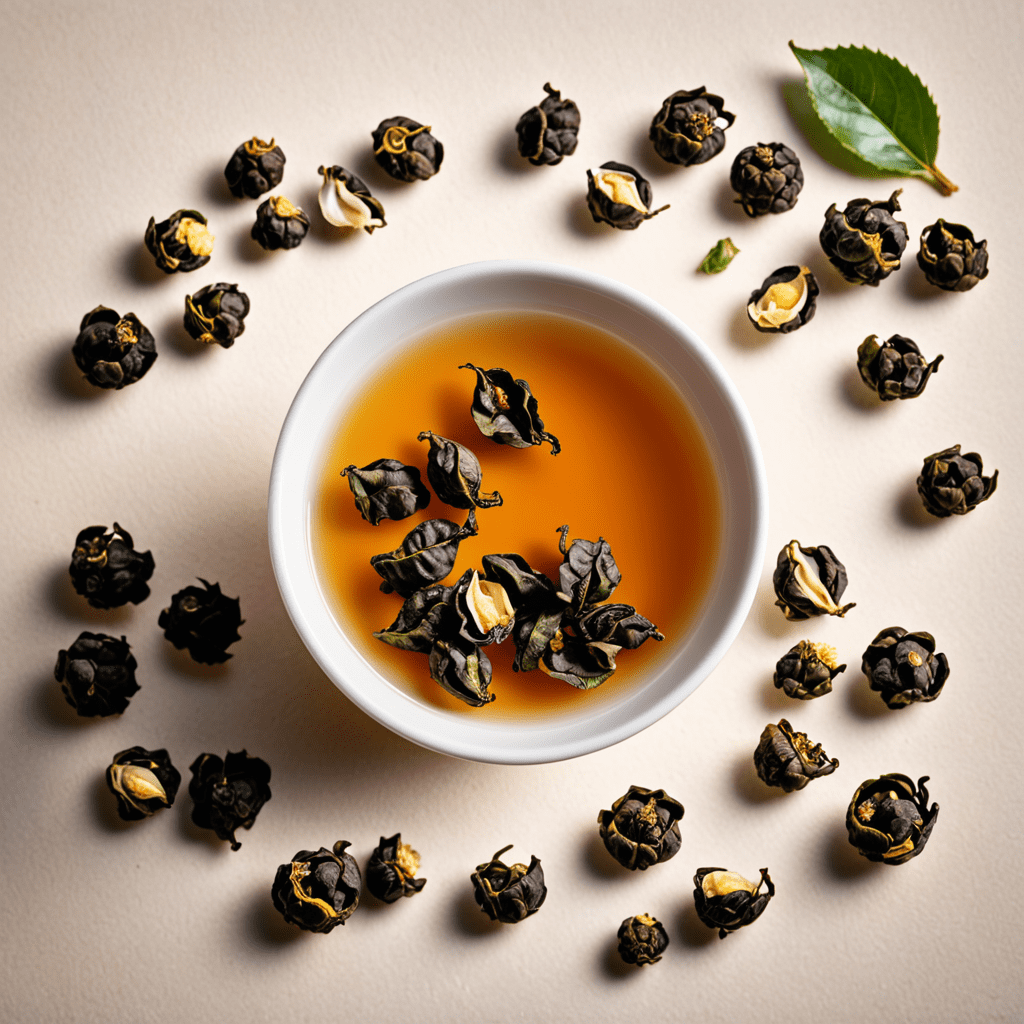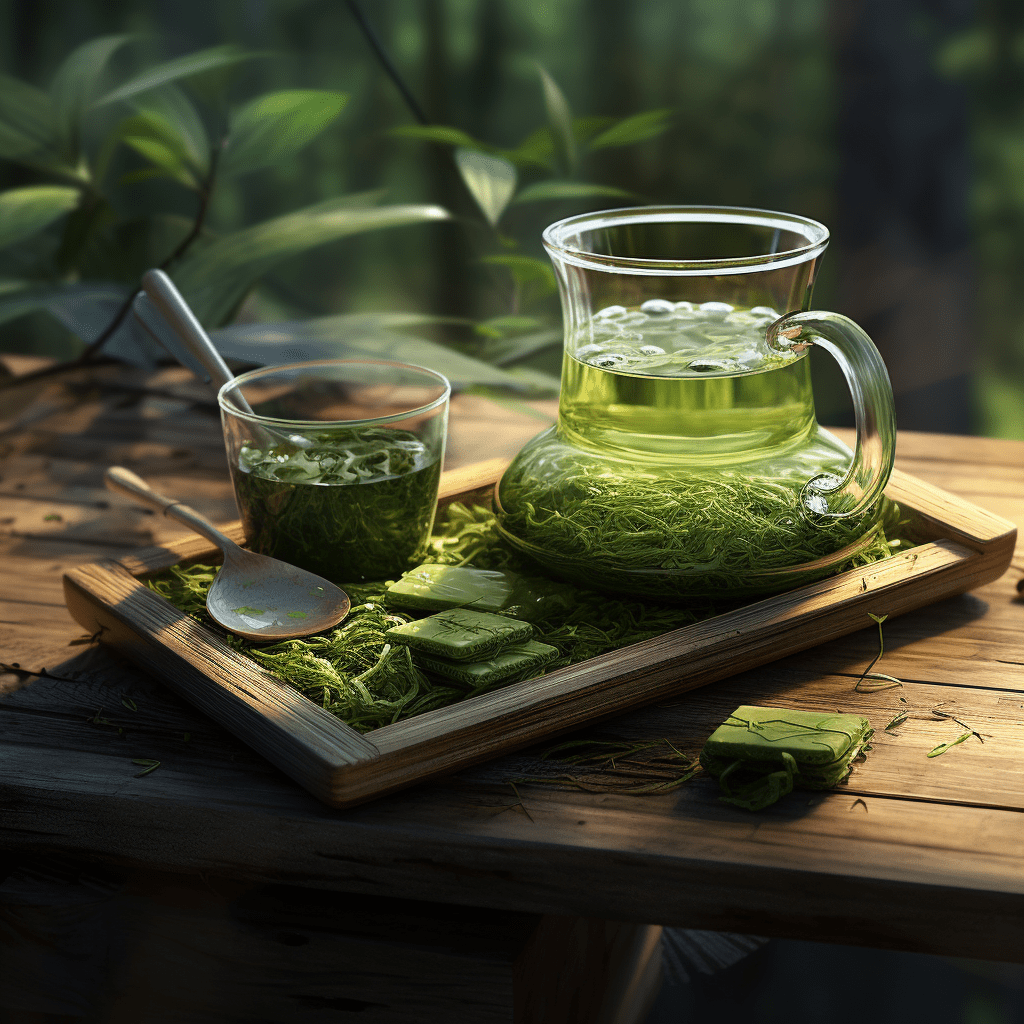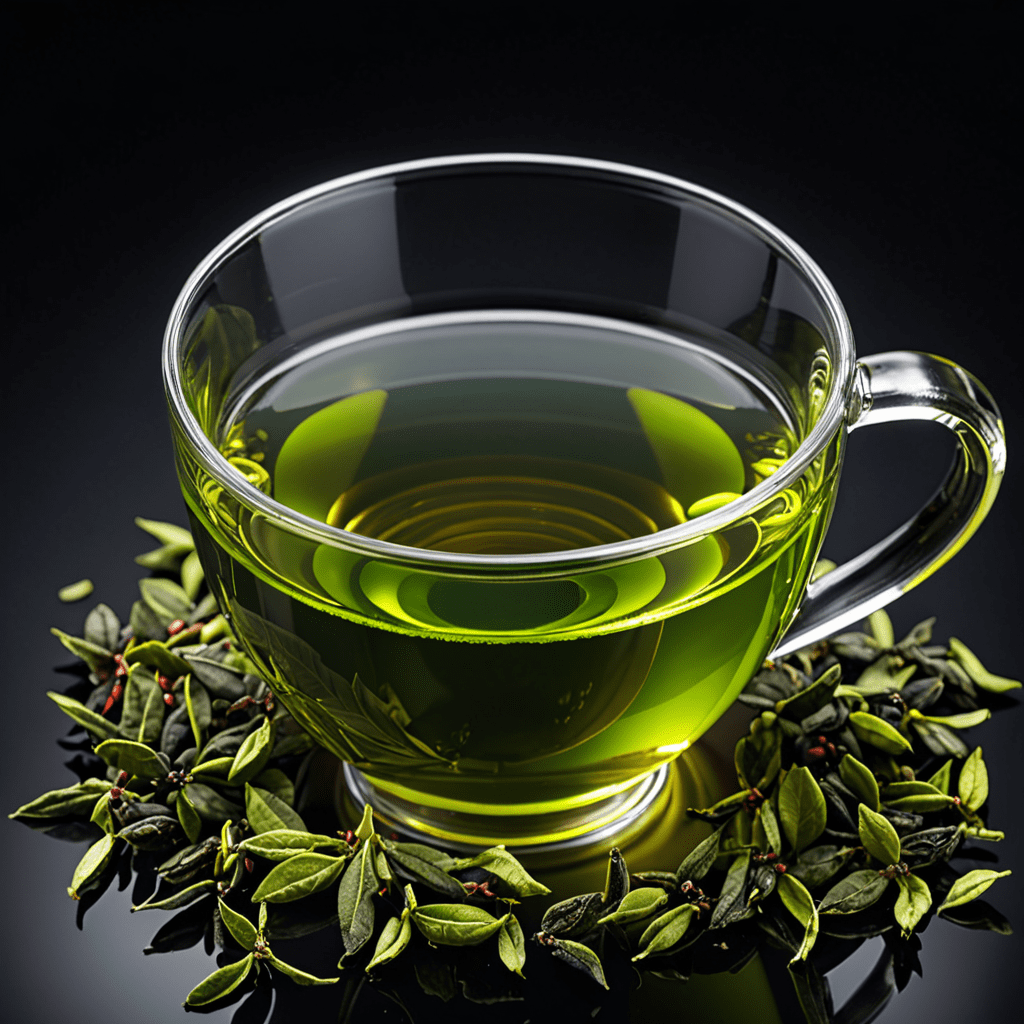Introduction: A Journey into the World of Indian Tea Rituals
In the tapestry of Indian culture, tea is more than just a beverage; it's an integral part of life, deeply woven into the fabric of traditions, rituals, and social interactions. From the bustling streets of Mumbai to the serene Himalayas, the aroma of freshly brewed chai fills the air, inviting people to connect, relax, and savor the moment.
This article delves into the fascinating world of Indian tea rituals, exploring their historical roots, intricate steps, and profound impact on mindfulness, well-being, and spiritual connection. Join us on a journey to discover the rich flavors, ancient wisdom, and holistic benefits of this time-honored tradition.
Unveiling the History: A Deep Dive into Traditional Indian Tea Culture
The history of tea in India dates back centuries, with its origins traced to the ancient texts of the Vedas. Over time, tea evolved from a medicinal herb to a beloved beverage, playing a significant role in trade and cultural exchanges. The British colonization further popularized tea in India, introducing new varieties like Assam and Darjeeling, which gained global recognition for their unique flavors and aromas.
The Ritual Unfolds: A Step-by-Step Guide to an Authentic Indian Tea Ceremony
An Indian tea ceremony is a symphony of senses, involving a meticulously followed sequence of steps. From the selection of the finest tea leaves to the gentle pouring of the brew, every aspect is imbued with mindfulness and respect. The ritual typically begins with preparing the tea using a traditional chai masala, a blend of aromatic spices like ginger, cardamom, and cloves, which adds warmth and complexity to the flavor. The tea is then simmered in a pot over a low flame, allowing the flavors to infuse and the aroma to fill the air. Once brewed, the tea is strained and poured into small cups, ready to be enjoyed with a touch of milk and sugar.
The Symphony of Senses: Exploring the Sensory Delights of Indian Tea
Each sip of Indian chai is a sensory adventure. The deep amber hue of the tea, the fragrant spices that dance on the palate, and the gentle warmth that spreads through the body create a multi-layered experience. The bitterness of the tea is balanced by the sweetness of the milk and sugar, while the spices add a complex and invigorating dimension. The aroma of chai is equally captivating, with notes of ginger, cardamom, and cloves mingling in the air, inviting deep breaths and relaxation.
A Cup of Calm: Harnessing the Power of Mindfulness Through Tea Rituals
Beyond the sensory experience, Indian tea rituals offer a powerful tool for cultivating mindfulness and inner peace. The ritualistic process of preparing the tea, from selecting the leaves to pouring the brew, requires focus and attention to detail. This mindful engagement helps to quiet the mind, reduce stress, and promote a sense of calm and presence. As you savor each sip, you become fully present in the moment, appreciating the simplicity of the act and the connection to the ancient tradition.
6. Beyond the Brew: The Spiritual Significance of Indian Tea Rituals
In Indian culture, tea transcends its physical form to hold deep spiritual significance. The act of preparing and sharing tea is seen as a way to connect with oneself, with others, and with the divine. The offering of tea is a gesture of respect and hospitality, symbolizing the purity of intention and the warmth of human connection. The ritualistic process of brewing and serving tea is often accompanied by chants, prayers, or silent contemplation, creating a sacred space for reflection and gratitude.
7. Cultivating Well-Being: The Holistic Benefits of Indian Tea Rituals
The benefits of Indian tea rituals extend far beyond the realm of spirituality. The practice of mindful tea drinking has been shown to promote well-being on multiple levels. The act of focusing on the present moment through the ritualistic process can help reduce stress and anxiety, while the antioxidants and other beneficial compounds in tea can support physical health. Moreover, the social aspect of sharing tea with others fosters a sense of community and belonging, contributing to emotional well-being.
8. A Modern Twist: Adapting Traditional Rituals for Contemporary Lifestyles
While the traditional Indian tea ceremony holds immense value, it's important to acknowledge that modern lifestyles may not always allow for elaborate rituals. However, the essence of mindfulness and connection can still be incorporated into our daily tea routine. Whether it's taking a few minutes to mindfully brew a cup of tea before starting your day or sharing a cup with a loved one in the evening, these small acts of intentionality can bring a sense of peace and well-being to our busy lives.
9. The Art of Hospitality: Sharing the Gift of Indian Tea Rituals with Others
Sharing the gift of Indian tea rituals with others is a beautiful way to connect with them on a deeper level. Inviting someone to participate in a tea ceremony allows you to create a shared experience that fosters mindfulness, presence, and genuine connection. The act of preparing and serving tea with care and attention becomes a way of expressing love and appreciation for the other person.
10. Conclusion: Embracing the Journey of Mindful Tea Drinking
The journey of mindful tea drinking, inspired by Indian tea rituals, is an invitation to slow down, connect with ourselves and others, and appreciate the simple pleasures of life. By incorporating the principles of mindfulness and intentionality into our daily tea routine, we can cultivate a sense of well-being and peace that extends far beyond the cup itself.
FAQ
What are the different types of Indian tea?
India produces a wide variety of teas, including black tea, green tea, white tea, and oolong tea. Some of the most popular varieties include Assam, Darjeeling, Nilgiri, and Kangra.
What are the benefits of drinking Indian tea?
Indian tea is rich in antioxidants and other beneficial compounds that offer a range of health benefits, including improved heart health, reduced inflammation, and boosted cognitive function.
How do I prepare a traditional Indian chai?
To prepare a traditional Indian chai, you will need black tea leaves, water, milk, sugar, and a blend of spices like ginger, cardamom, cloves, and black pepper. Boil water and add the tea leaves and spices. Simmer for a few minutes, then add milk and sugar to taste. Strain and enjoy hot.
What are some tips for practicing mindfulness while drinking tea?
Focus on the present moment by paying attention to the sights, smells, and tastes of the tea. Be aware of your thoughts and feelings without judgment. Take slow, deliberate sips and savor the experience.
How can I incorporate Indian tea rituals into my daily life?
Start by taking a few minutes each day to mindfully brew a cup of tea. You can also invite friends or family to participate in a tea ceremony. Additionally, consider learning more about the history and significance of Indian tea rituals.



